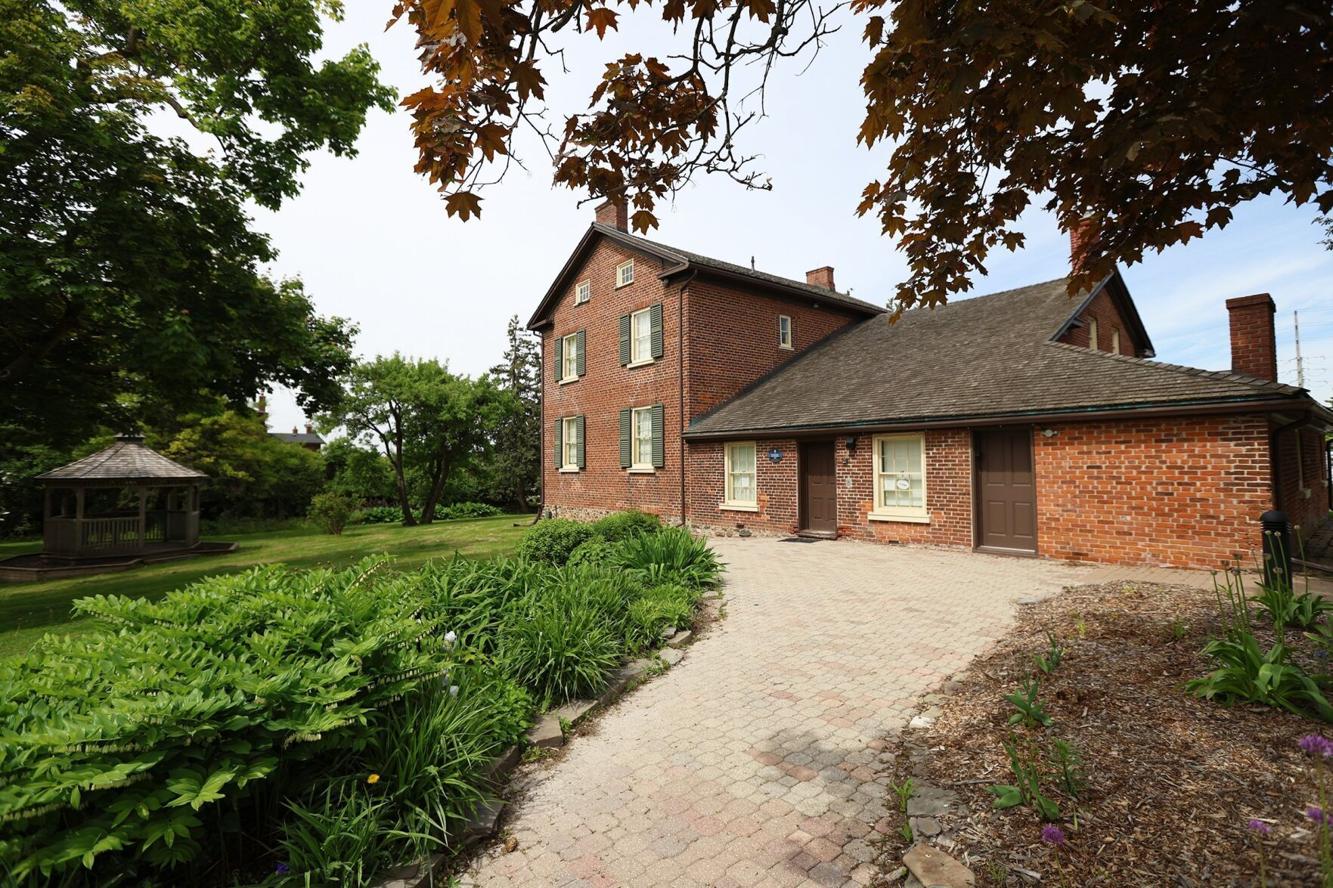The City of Brampton has announced new plans to transform the Historic Bovaird House site into a vibrant public destination — a move that also ends a three-decade partnership with the Friends of Bovaird House (FOBH), the volunteer group that has managed the site since the 1990s.
Located at 563 Bovaird Drive East, the mid-19th-century heritage property has remained closed to the public since December 2024, when the city opted not to renew its agreement with FOBH and ordered the group to vacate the premises.
The new vision, spearheaded by Coun. Rowena Santos (Wards 1 and 5), was introduced during a July 17 council meeting and outlines plans to activate the site with weddings, arts and culture days, outdoor movie nights, sports, and recreation programming.
“This is about creating a place where residents can experience our history in a meaningful way, while building a long-term vision for this important heritage site,” Santos said in a release. “The site will be formally designated as a public open space, expanding free access and engagement.”
City staff who currently manage Alderlea, another heritage site in Brampton, will now oversee Bovaird House operations.
Volunteers Ousted After Decades of Stewardship
The decision to part ways with FOBH, who have cared for and animated the site for over 30 years, has left many longtime volunteers disheartened. Gloria Berger, one of FOBH’s founding members, expressed disappointment at how the transition was handled, but hopes the city will allow the group to continue contributing in some capacity.
“There’s so much in that house. You walk through it and it’s just beautiful. We’ve made so many cosmetic changes and additions over the years,” Berger said. “We are hopeful the Friends of Historic Bovaird House can continue to lend their experience and knowledge in maintaining the lands and building on this historic site.”
FOBH received no funding from the city and operated the property using donations and proceeds from events, offering tours and preserving the home’s interior with curated period furnishings and artifacts, many of which were donated or purchased through community fundraising.
The group was also behind several major contributions to the site, including the reconstruction of the Pendergast Log House in 2018 and the acquisition of a historic barn from Caledon, intended to be reassembled at the property. However, a $1.16 million city-approved grant for the barn project was later rescinded during political infighting in late 2022.
Although a KPMG audit found no irregularities in FOBH’s operations, the barn materials, once stored at a city facility, were later discarded without consulting the group, according to Berger.
Questions About Covenant Compliance
The Bovaird property was donated to the city by the Bovaird family in 1985, with a covenant agreement that set out specific conditions:
- The site must be maintained as a historic landmark
- It should be developed as a passive recreational park
- The house must be preserved for cultural and educational public use
- A plaque honoring the Bovaird family must remain on-site
Berger has raised concerns that some of the proposed programming, especially sports and recreation activities, may violate the original agreement.
Still, she emphasized the positive working relationship that existed for many years and expressed hope that the city will recognize the value of the volunteers’ dedication.
Despite their departure, Berger said, “We are pleased the City of Brampton is taking an active role in supporting the Historic Bovaird House.”
A community consultation process and further details on implementation timelines for the park’s reactivation are expected in the coming months.

